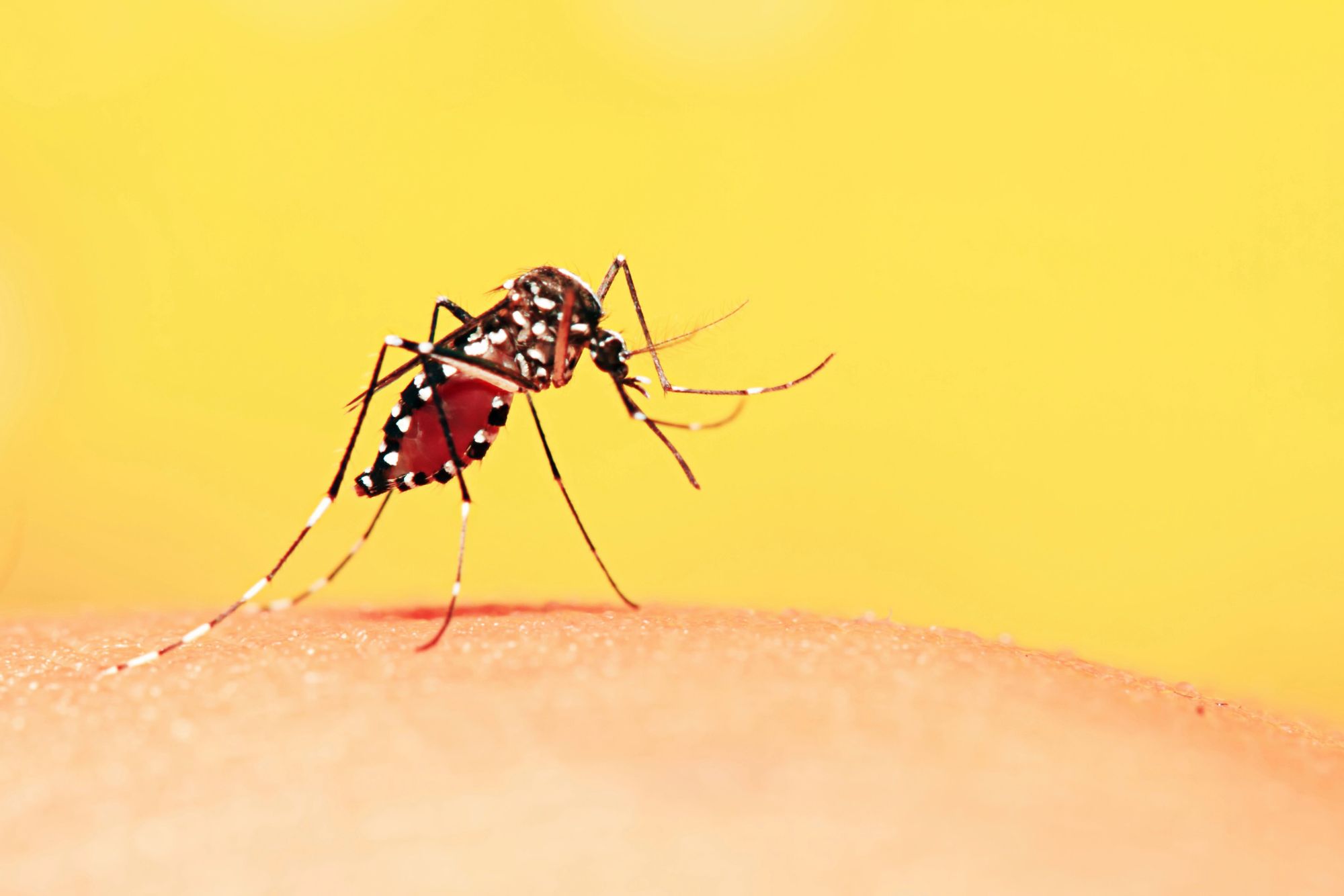Dengue Awareness
With National Dengue Day falling on the 15th of June, and the rainy season palpably felt, make sure to read up on the signs and symptoms of dengue as well as how to prevent catching the viral disease.

The Association of Southeast Asian Nations (ASEAN) National Dengue Day falls on the 15th of June, and with how common rain has been nowadays, it is only right that we know the signs and symptoms of dengue, as well as how to prevent it.
The start of the school year is from June to August, and in the Philippines, it is in these months where we experience the most rain. Now what does rain have to do with dengue? The dengue virus is spread by several species of mosquitoes.
Mosquitoes lay around 300 eggs at a time, and the prime habitat for them to lay their eggs is in standing water. These eggs can hatch in as little as an inch of water. Mosquitoes also prefer warmer climates than cooler ones, which means that the rainy season in the Philippines is when these pests thrive.
How do I know if I have dengue?
Dengue can be hard to tell from different viral infections, since its symptoms can be easily mistaken for something else. Some things to look out for are: erratic high fevers, headaches, vomiting, joint pains, and most especially, its characteristic skin rash.
If you or your child shows any of these symptoms, approach your doctor as soon as you can and get a physical examination, since the diagnosis of dengue is usually done clinically. Aside from checking off any symptoms that you are displaying, doctors can perform various tests that will determine whether or not you have dengue.
Dengue may also lead to critical conditions, and in worst case scenarios, death, if left untreated. This can be due to any of the following reasons: dengue hemorrhagic fever, which eventually causes bleeding; low levels of blood platelets and blood plasma leakage; and dengue shock syndrome, where dangerously low blood levels occur.
How Do I Prevent Dengue?
The prevention of dengue heavily relies on the prevention of mosquito bites, which are the main vectors of the viral disease. Mosquitoes lay their eggs in any stagnant water, so long as it is an inch deep. Be it old tires which had collected rain water the day prior, or pond water, these are all ideal habitats for mosquitoes to lay their eggs in.
Wearing clothes that minimize skin exposure is also a good preventive measure because this protects you from potential dengue bites. Repellents can also be a good countermeasure for dengue bites since you can apply them on both your clothes and skin. Mosquito patches and lotions such as Off! are good repellents, however, if you’d prefer something more natural, lemon eucalyptus oil and citronella are just a few natural ingredients that repel mosquitoes. Insecticides can also be of help to kill off mosquitoes. Baygon is one of the more particularly popular brands here in the Philippines. Lastly, mosquito nets and screen doors will also reduce the number of pests that can enter your household.
Although recovery can vary from two to seven days, dengue can also be potentially life-threatening. So make sure to contact your doctor if ever one or two of the symptoms you’re showing align to that of dengue’s. And with SeeYouDoc, this is now made easy since you can now book an appointment online with any of the doctors near you.
